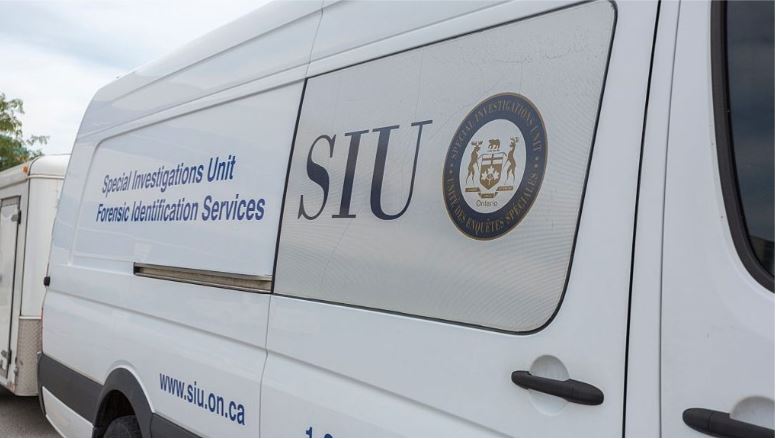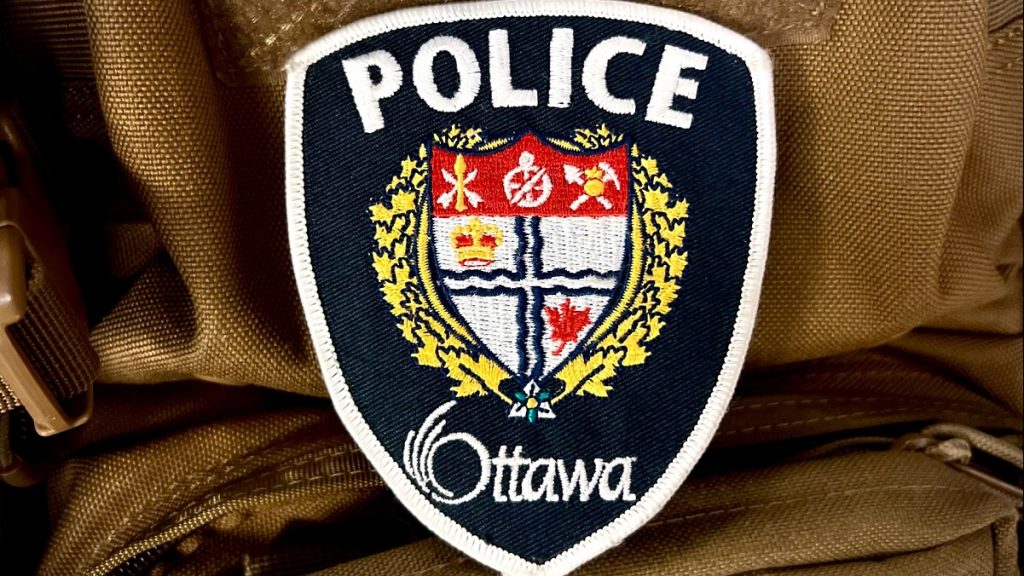Over 90 per cent of opioid-related overdoses are accidental: pharmacist
Posted Nov 28, 2021 09:17:00 PM.
While Ottawa pharmacists are seeing fewer patients with opioid prescriptions, it doesn’t mean opioid-related overdoses are any less.
In fact, according to Ottawa Shoppers Drug Mart Pharmacist Jordan Clark, about 94 per cent of opioid-related overdoses are accidental — but persisting stigma is halting help for those who need it.
“Like a lot of things during the pandemic, I think pharmacists are certainly on the front line of seeing what’s happening with the opioid crisis,” said Clark. “We’ve seen numbers that are pretty staggering in the provinces across the country when we’re talking about opioid overdoses, and in some cases they’re almost 80, 90 and sometimes even a 100 per cent increase compared to this same time last year.”
What pharmacists are seeing, however, is prescribing habits changing because of increased awareness of the crisis, Clark added.
And although pharmacists are seeing fewer opioids prescribed to patients and more prescriptions given in smaller quantities, overdoses are still happening, but not for the reasons that are perpetrated by existing stigmas, Clark said.
Doing their part, pharmacists are seeing more opportunities and understanding their role when dispensing opioids, including when someone could be at risk of overdosing.
But when talking about opioid overdosing in Canada, the stigma may suggest that addicts are of a certain socio-economic status getting their drugs from un-certified sources.
That’s not necessarily the case, Clark pointed out.
In fact, anyone can become addicted to opioids, and it can start with something as routine as surgery and the prescribed pain medications they must take following the procedure.
“We do want to educate them that there are risks associated with those medications and they play an important role in pain management, but there is a risk associated with them. And also, if we see people who are a high dose of opioids that may be on opioids with other medications. So we may see a case where someone is prescribed an opioid for their dentist, and that prescriber may not be aware that they’re taking another medication that could put them at a risk of an overdose.”
Then there’s the issue of mental health, which can also have an impact on opioid use, Clark added.
“When we talk about especially the last few years during the pandemic, we talk so much about mental health and the impact (the pandemic) has had on mental health,” he said. “I think it’s important to recognize that opioid use disorder and substance use disorder go hand-in-hand with mental health, and often people may be using opioids or other substances to help manage their mental health.
“They may be self-treating anxiety, depression and things like that, and all those things have certainly been impacted by the pandemic.”
And sometimes desperation can lead to buying opioids and other illicit drugs off the street. These drugs, however, often come with unpredictable amounts of mystery ingredients, Clark said, making it more dangerous to consume.
Whether you know someone who is taking opioids or you experience a stranger overdosing, there are things that you can do, Clark pointed out.
One solution is having a naloxone kit handy with you at all times — an injection given to someone in trouble that can reverse an overdose. They're free to pick up at any pharmacy.
Even if you suspect an overdose is happening but aren’t sure of what substance was taken (if any), Clark assures that naloxone won’t provide any harm.
Another tool to have is being able to recognize the signs of an overdose, which include a decreased level of consciousness, slower and shallower breathing and eyes unable to open.
For more information on naloxone kits and managing medications that include opioids, Clark advises people to turn to a trusted source and talk to their doctor or pharmacist.










